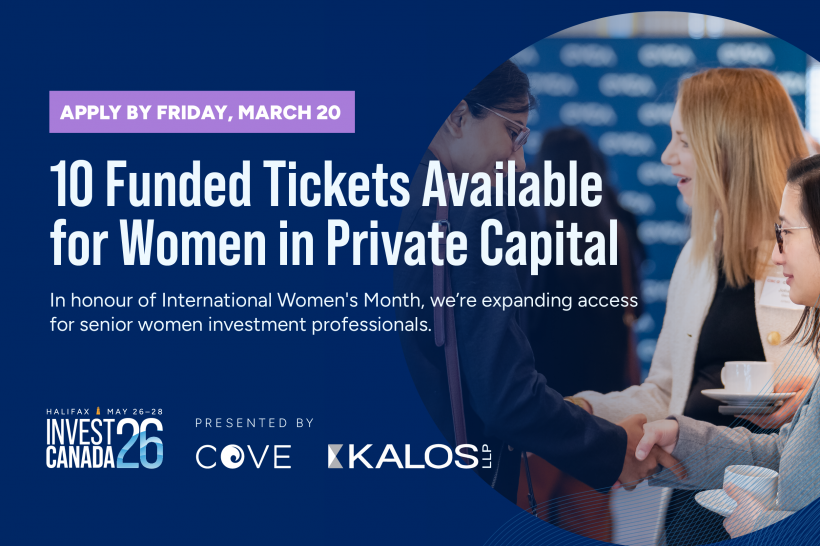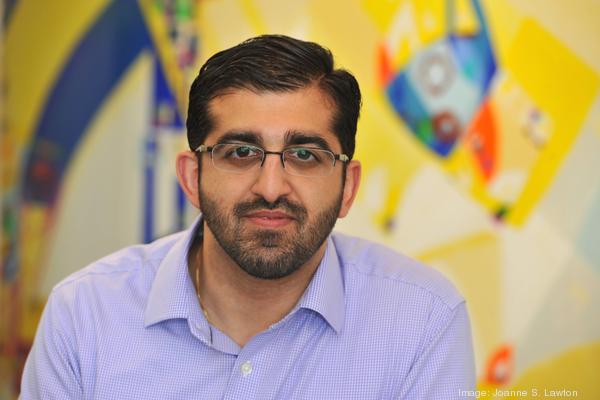Paul Singh spent half of his childhood in Ashburn, Va., better known as Cashburn, thanks to the AOL headquartering there until 2009. Though Singh did work at AOL—as well as a used car dealership—he gave Ashburn another reason for its nickname: he now invests in high-growth companies.
Singh was previously a partner at 500 Startups, which partners individuals to invest in startups, where he oversaw investments in over 525 startups in over 35 countries. He then founded Disruption, which provides tools for investors to examine the potential success of a startup, but sold it in April to 1776, a global startup incubator and seed fund. Singh is currently an investor, as well as Entrepreneur in Residence with the White House Office of Science and Technology Policy. His newsletter is available here.
Last Thursday, Singh spoke in Halifax at a Startup Grind Halifax event. Startup Grind is a global startup community to help those in the startup world learn from and connect with each other.
Singh: Founders are economic leaders
Singh has seen a lot of startups. In 2010, both Uber and Airbnb asked him for investment and he turned them down.
“I’m the guy with the jet fuel,” Singh said. “I have no idea if the plane is going up or down, and it’s scary.”
Singh wants to see notable companies—ones that are different. He doesn’t necessarily mean the greatest idea or the cheapest thing, but something different. He gave an example of his father, who would build patios for residents in Ashburn. Singh told his father that he should charge less per brick and his father replied that he wasn’t just selling people a patio—he’s selling them a “place to make memories.”
Singh credits his notability to his credibility. He’s invested in over 1200 companies, three of which were unicorns and 85 of which made over $1 million.
“Build to the market, and the investors will come,” he said. “You’re only as good as your last deal.”
Singh has watched as startup culture has become more well-known. The media’s startup hype has made it less sexy for founders to talk about—or event want—money. However, Singh sees this as a crucial mistake: a founder needs to understand where his money comes from to make his product better. A founder who understands that venture capitalists and angel investors don’t want to invest in his company will know that he needs to change his brand approach.
The Power Law looms large in Singh’s world. A power law in statistics explains that when there are two quantities, and one changes, the other will change proportionally in reaction to the first quantity. He wants entrepreneurs to think in terms of the Power Law: aim to increase their business in some way by 10x before they enter each funding round.
“If you’re not growing, you’re dead,” Singh said. “We don’t invest in ideas anymore. It’s 2015, you should be able to get a customer first.”
Though there are more people in the space, it’s easier than ever to start a company and find customers. Singh said it took 75 years for 100 million people to have a telephone in their home, but it only took a year for Candy Crush Saga, a mobile game, to reach that number.
But as Singh said, stagnancy is the worst thing for a company. He said that once one wakes up and is the biggest fish in Halifax, it’s time to move elsewhere and continue growing.
So how do you become notable, become the biggest fish in Halifax, and continue to grow? Singh only has another question for you: “How do you become that group of guys that everyone wants to talk to?”










